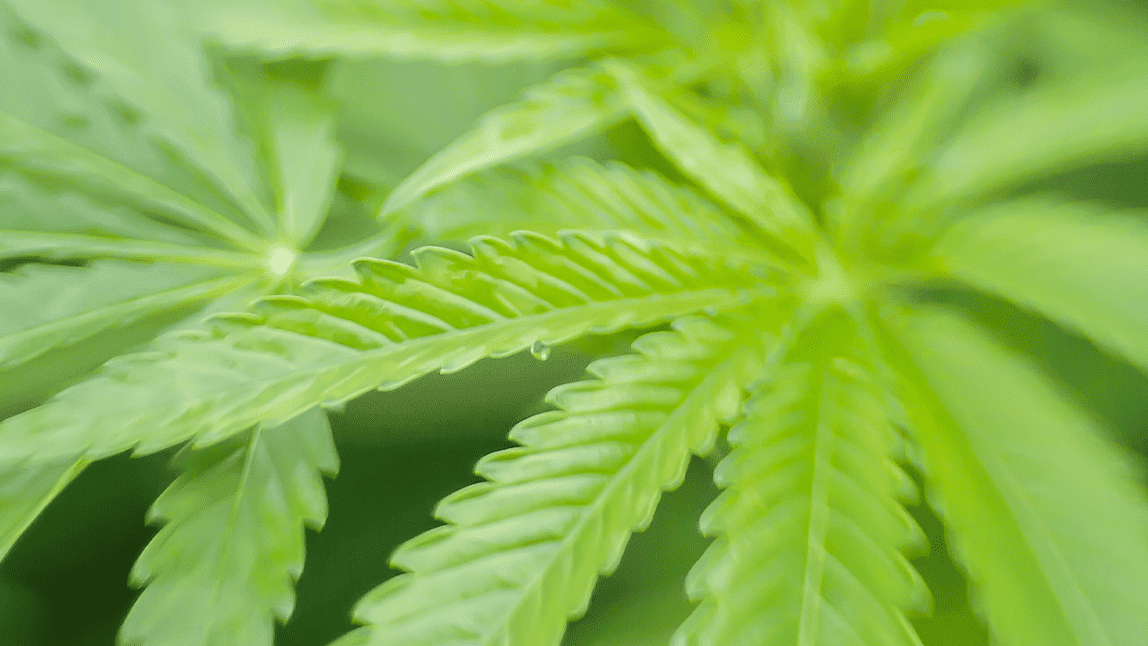10 Tips About Cognitive Behavioural Therapy You Can't Afford To Miss
페이지 정보

본문
Introduction:
Marijuana, also referred to as cannabis or grass, is one of the most trusted illicit drugs globally. With an ever-increasing push for legalization in a number of countries, it is vital to know the possibility risks associated with cannabis addiction. This report aims to provide a thorough breakdown of cannabis addiction, showcasing its results on people and community.
Marijuana Addiction: Definition and Prevalence:
Marijuana addiction, also known as cannabis use condition (CUD), is a condition characterized by a person's compulsive cannabis consumption despite experiencing negative effects. In line with the World Drug Report 2021 published because of the un workplace on medication and Crime, approximately 5.7 million folks globally suffer with marijuana conditions. This staggering figure emphasizes the necessity to deal with this growing problem.
Emotional and Bodily Issues:
The psychoactive ingredient in cannabis, delta-9-tetrahydrocannabinol (THC), affects mental performance's reward system, causing addictive behaviors. Continuous marijuana usage trigger different emotional results eg impaired memory, diminished focus, and altered judgment. Furthermore, real effects feature breathing dilemmas, increased heartbeat, and possible lung harm from smoking cigarettes.
Dependency and Withdrawal Warning Signs:
Regular cannabis use may cause dependency, with individuals experiencing withdrawal signs upon cessation. These signs may include frustration, anxiety, sleeplessness, loss of desire for food, and intense cravings for marijuana. The severe nature and length of detachment signs may differ according to the amount of addiction and specific factors.
 Effect on Psychological State:
Effect on Psychological State:
Marijuana addiction is generally associated with mental health issues. Studies have shown an elevated chance of developing psychological illnesses such as for instance despair, anxiety, and psychosis among hefty marijuana users. Furthermore, individuals with pre-existing psychological state problems may go through worsened signs because of prolonged marijuana use, Dara Rehab exacerbating their particular general wellbeing.
Social Implications:
Marijuana addiction not merely affects individuals but has actually broader personal ramifications besides. Prolonged cannabis usage may cause impaired cognitive functioning, affecting educational and work-related overall performance. Also, addiction can stress interactions with friends, family members, and peers, ultimately causing personal separation. It might can also increase the probability of participating in high-risk behaviors and unlawful activities, further impacting societal well being.
Treatment and Intervention:
Dealing with cannabis addiction usually involves a combination of behavioral treatments, counseling, and organizations. Cognitive-behavioral therapy (CBT) is oftentimes employed to assist individuals recognize causes, develop coping methods, and change addicting behaviors. In addition, motivational interviewing and community-based programs can provide important help through the recovery process.
Summary:
Marijuana addiction is a concerning issue that requires interest from medical providers, policymakers, and society overall. It is crucial to identify the potential risks related to cannabis use, specially the development of addiction. Marketing public awareness, early input, and usage of efficient treatments are very important measures in mitigating the negative effects of marijuana addiction. Only by addressing this matter comprehensively can we work towards a healthier and more well-informed society.
Marijuana, also referred to as cannabis or grass, is one of the most trusted illicit drugs globally. With an ever-increasing push for legalization in a number of countries, it is vital to know the possibility risks associated with cannabis addiction. This report aims to provide a thorough breakdown of cannabis addiction, showcasing its results on people and community.
Marijuana Addiction: Definition and Prevalence:
Marijuana addiction, also known as cannabis use condition (CUD), is a condition characterized by a person's compulsive cannabis consumption despite experiencing negative effects. In line with the World Drug Report 2021 published because of the un workplace on medication and Crime, approximately 5.7 million folks globally suffer with marijuana conditions. This staggering figure emphasizes the necessity to deal with this growing problem.
Emotional and Bodily Issues:
The psychoactive ingredient in cannabis, delta-9-tetrahydrocannabinol (THC), affects mental performance's reward system, causing addictive behaviors. Continuous marijuana usage trigger different emotional results eg impaired memory, diminished focus, and altered judgment. Furthermore, real effects feature breathing dilemmas, increased heartbeat, and possible lung harm from smoking cigarettes.
Dependency and Withdrawal Warning Signs:
Regular cannabis use may cause dependency, with individuals experiencing withdrawal signs upon cessation. These signs may include frustration, anxiety, sleeplessness, loss of desire for food, and intense cravings for marijuana. The severe nature and length of detachment signs may differ according to the amount of addiction and specific factors.
 Effect on Psychological State:
Effect on Psychological State:Marijuana addiction is generally associated with mental health issues. Studies have shown an elevated chance of developing psychological illnesses such as for instance despair, anxiety, and psychosis among hefty marijuana users. Furthermore, individuals with pre-existing psychological state problems may go through worsened signs because of prolonged marijuana use, Dara Rehab exacerbating their particular general wellbeing.
Social Implications:
Marijuana addiction not merely affects individuals but has actually broader personal ramifications besides. Prolonged cannabis usage may cause impaired cognitive functioning, affecting educational and work-related overall performance. Also, addiction can stress interactions with friends, family members, and peers, ultimately causing personal separation. It might can also increase the probability of participating in high-risk behaviors and unlawful activities, further impacting societal well being.
Treatment and Intervention:
Dealing with cannabis addiction usually involves a combination of behavioral treatments, counseling, and organizations. Cognitive-behavioral therapy (CBT) is oftentimes employed to assist individuals recognize causes, develop coping methods, and change addicting behaviors. In addition, motivational interviewing and community-based programs can provide important help through the recovery process.
Summary:
Marijuana addiction is a concerning issue that requires interest from medical providers, policymakers, and society overall. It is crucial to identify the potential risks related to cannabis use, specially the development of addiction. Marketing public awareness, early input, and usage of efficient treatments are very important measures in mitigating the negative effects of marijuana addiction. Only by addressing this matter comprehensively can we work towards a healthier and more well-informed society.
- 이전글The World's Worst Advice On Highstakes Sweeps 23.12.28
- 다음글The Spacious Footbed Additionally Ensures This 23.12.28
댓글목록
등록된 댓글이 없습니다.
